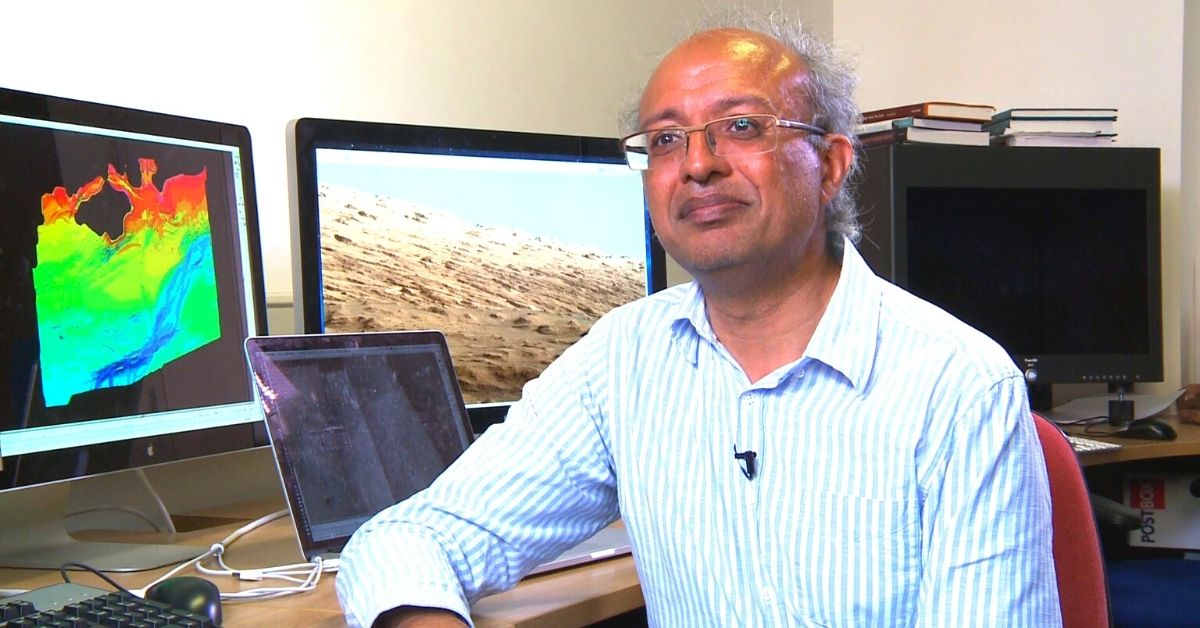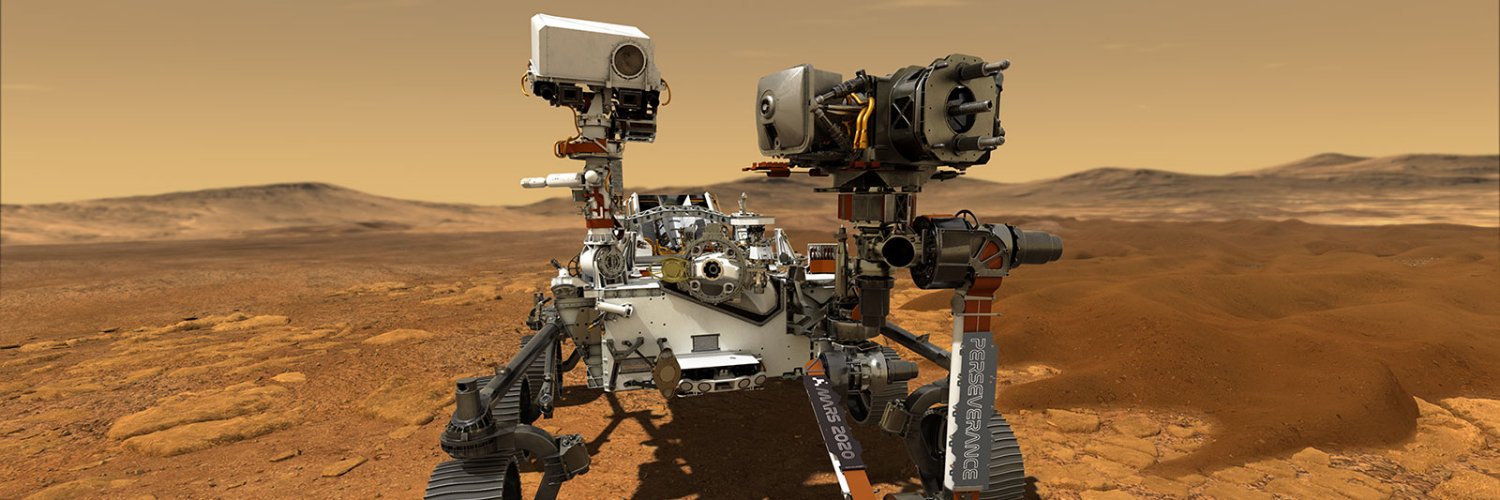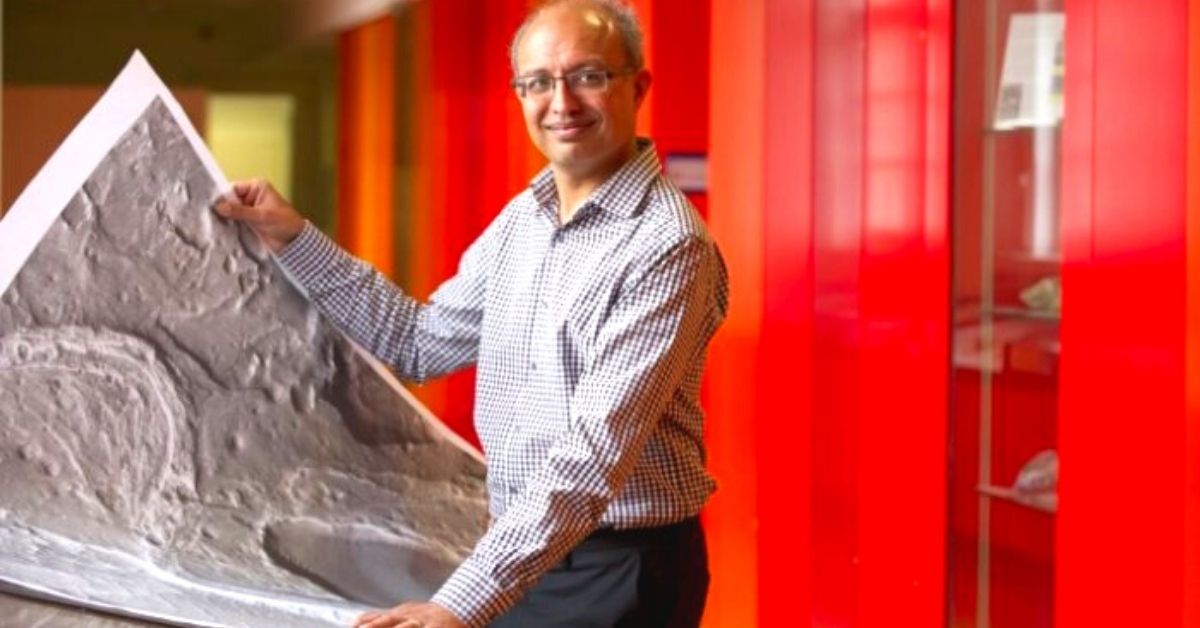Indian-origin British professor Sanjeev Gupta from Imperial College London just gave a whole new meaning to the work from home (WFH) culture that the world has been forced to comply with against the backdrop of the COVID-19 pandemic.
With five computers and two other screens for video conferencing, Gupta, a geologist, is controlling NASA’s Mars rover ‘Perseverance’ from his one-bedroom flat situated above a hair salon in South London. He is working on questions that could put to rest the theory of whether life ever existed on Mars.
Bound by the travelling restrictions, he is unable to join the rest of his team at NASA’s jet propulsion laboratory (JPL) in Southern California, where the Perseverance rover was built.
“I should be at the Jet Propulsion Laboratory in California, in a series of offices each one about three times bigger than this lounge, full of hundreds of scientists and engineers with their heads buried in laptops surrounded by large screens,” Gupta told the British daily.

Gupta rented the apartment to ensure his wife and children are not disturbed due to his highly demanding job. He works round the clock as Mars is 40 minutes longer than a day on Earth, and because his colleagues are in a different time zone, as he put it, “It is like being permanently jet-lagged”.
The Perseverance rover touched down on Mars on 18 February 2021 and is expected to return in the 2030s. The rover weighing 1,043 kilos will search and collect clues from Jezero crater, an ancient lake bed that may give any signs of past microbial life. Once back on Earth, Gupta will study the Martian rocks and sentiment samples to find answers regarding the Red planet’s geology and climate that will eventually pave the way for humans to explore civilisation on Mars.

“It is crucial to understand what the Martian climate was like early in Mars’ history and whether it was habitable for life. Analysis of data from instruments onboard Perseverance will help us define the best spots to collect rock samples for a future return to Earth,” the 55-year-old told The Daily Mail.
He further added, “Perseverance landed in Jezero Crater, which is a really good spot, I think because it is an ancient lake formed by a meteorite impact billions of years ago.” He said, “We can see an ancient river valley and deltas. Obviously, there is no water there now, but we will test if there was water in the past.”

Gupta joined NASA’s Mars programme a few years ago and had been a planner on NASA’s Mars Science Laboratory Curiosity rover mission for studying the Gale crater.
Gupta, who was born in Agra, moved to the United Kingdom along with his family when he was 5. His father was a research scientist who wanted Gupta to study medicine or engineering. However, fascinated by the outdoor life, he opted for Geology. He completed his PhD from Oxford University’s St Cross College on how the Alps were formed.
Besides the Mars mission, Gupta has been instrumental in developing and writing about the evolution of varied terrains including the Himalayas, Black forest and the mapping of the seafloor in the English Channel using sonar.
Edited by Yoshita Rao
No comments:
Post a Comment